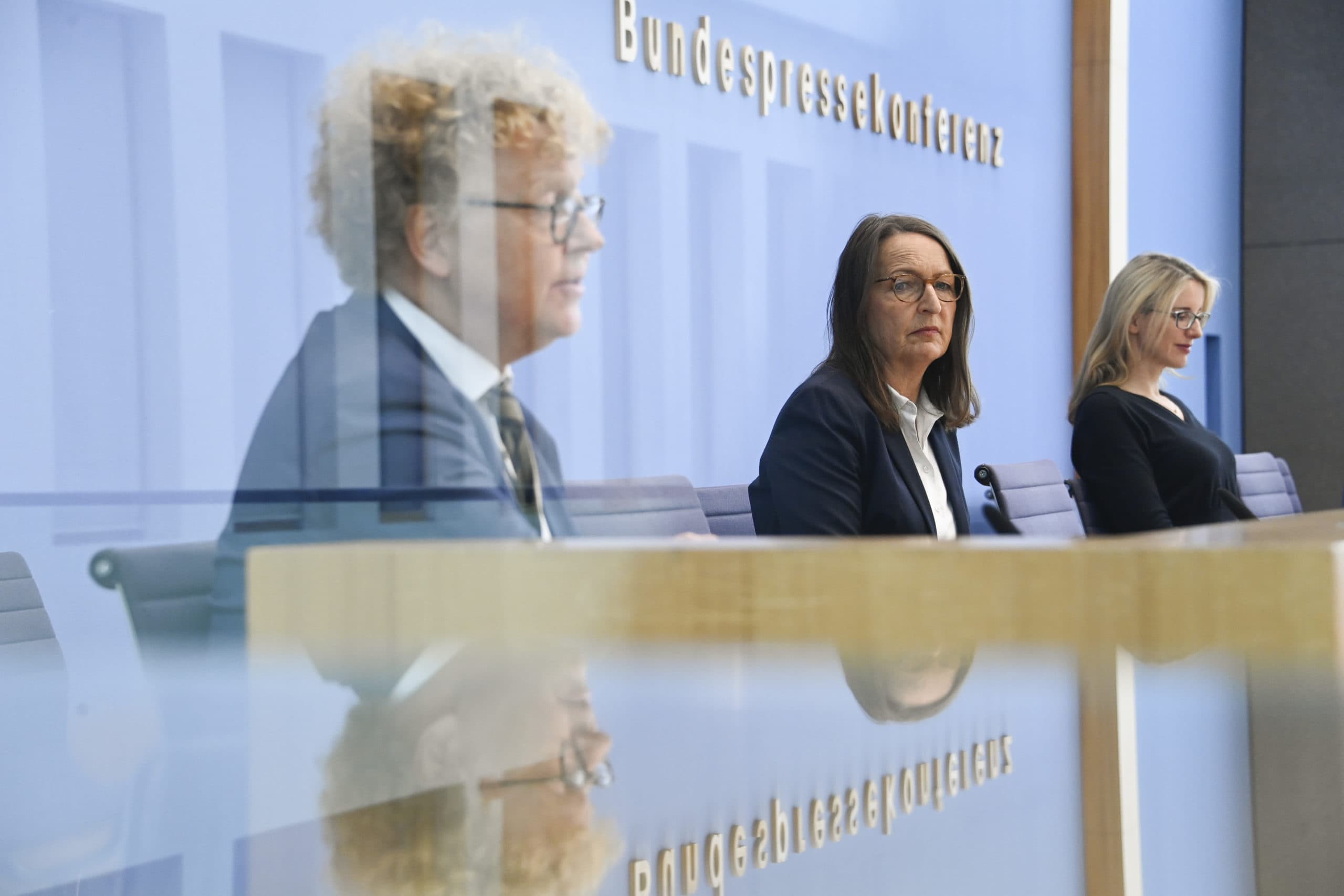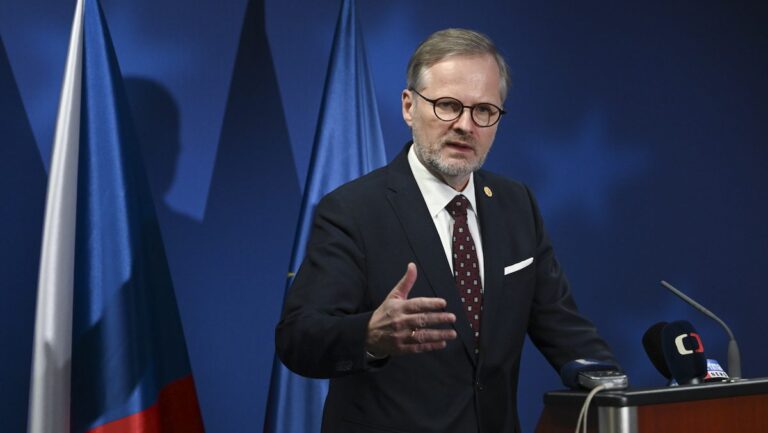The German Ethics Council presented its latest 161-page statement in Berlin last week on April 4th, entitled “Vulnerability and Resilience in a Crisis—Ethical Criteria for Decisions in a Pandemic.” In this statement, the Ethics Council sharply criticises the pandemic management by German politicians, media, and the courts. However, it does not address the role of the Ethics Council itself, which has supported many of the decisions of the past two years in an advisory capacity.
“We are calling for a critical reappraisal of crisis management and better error cultures,” Ethics Council Chair Alena Buyx explained. “Measures against a pandemic must be democratically legitimised, ethically well justified, and at the same time socially acceptable,” Buyx said.
The Ethics Council’s publication criticises the practice of relying on expert councils, noting that it undermines democracy:
Another democratic challenge to pandemic policy lies in the danger of ‘technocratic governance’ based on the advice of experts. German policymakers took the advice of experts seriously and in many cases followed it. In addition to the Robert Koch Institute and organizations such as major research communities or even the German Ethics Council, policy makers were also advised by individual scientists, especially from the fields of virology and epidemiology. In part, the impression was created of a direct derivation of political decisions from figures such as the R-value or the 7-day incidence, which did not require further justification.
The report claims that Germany’s breach of the democratic process in favour ‘expert’ advice eroded the people’s trust “in the German state as a democracy, constitutional state, and federal state” during the pandemic, and then it blamed the media, including public broadcasting, for failing to fulfil the “critical part” of their duties. “In the further course of the pandemic, however, even obviously undesirable developments were hardly picked up on with the rigour expected from journalism that considers itself as ‘constructive’ or ‘sensitive to the common good.’”
The German courts were also taken to task in the report. While the courts should have exercised a “democracy-stabilising role,” there had been “obviously problematic decrees,” specifically in the case of outdoor contact restrictions. Criticism was levied that courts “have not countered these developments, or at least not early and decisively enough.”
The ethics board’s report touched on human abuses during the pandemic. It echoed a study by Ofsted, the U.K. Office for Standards in Education, Children’s Services and Skills, which found that mask-wearing had seriously impaired children’s social and language development over the past two years. The longer schools were affected by lockdowns, “the more vulnerable the younger generation became,” Buyx said.
In light of these grave accusations, however, it is noteworthy that until recently the German Ethics Council not only supported a large part of the measures, but in many cases—as most recently as the issue of mandatory vaccination—even actively promoted them. Buyx had also been accused of partiality in February, when it became known that she received conveyances of the Wellcome Trust foundation, which maintains close ties to the pharmaceutical industry.
The Ethics Council also seems unreflective with regards to statements by some of its members, such as the theologian Andreas Lob-Hüdepohl, who claimed in July 2021 that he “does not see any division,” and that “people are adding themselves to a camp by not getting vaccinated, while they can get vaccinated.” Wolfram Henn, another member of the Ethics Council, was even promoting a ban on unvaccinated people leaving the country as recently as November 2021 and thought it would “make sense” to show people shock videos of intensive care units. Even before the first vaccines were introduced, in December 2020, Henn apparently also considered it ethical to threaten vaccine sceptics, suggesting they should get vaccinated or forgo ventilation in case of severe infection.
The sudden about-face of the Ethics Council did not remain unnoticed. On Twitter, the hashtag #IchHabeMitgemacht (#Iparticipated) trended within a hours after the report of the Ethics Council was published, with users recalling in detail the past statements of members of the Ethics Council.





